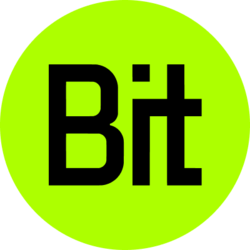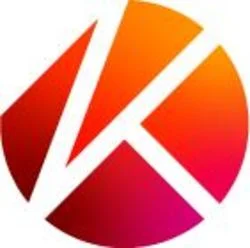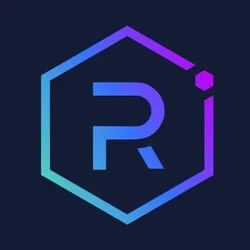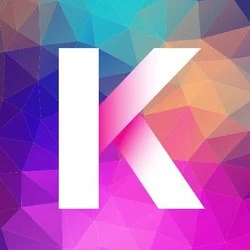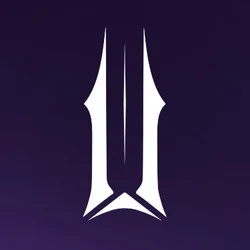BitGo, a renowned provider of digital asset custody services, has expanded its offerings by integrating with ARB, the native ERC-20 token of Arbitrum. This integration is a testament to BitGo’s commitment to enhancing its business operations.
With this update, BitGo users can now effortlessly manage ARB in their wallets, among other options. This not only makes obtaining ARB tokens more accessible but also significantly improves their governance, putting the power in the hands of valued users.
In Order to Expand Ethereum’s Capabilities, the Significance of Arbitrum Cannot Be Overstated
Arbitrum is leading the way in Layer 2 (L2) solutions, aiming to propel the ecosystem forward by addressing its most pressing concerns, including scalability, speed, affordability, and other difficulties. The introduction of Arbitrum, a Layer 2 technology, is set to enhance the capabilities of Ethereum.
It enables transactions to be carried out more efficiently, improves scalability, and provides customers with enhanced privacy safeguards. This exciting development opens up a world of possibilities for the future of digital asset custody services.
Ethereum has several constraints when it comes to executing smart contracts, which has resulted in a demand for these solutions. Because of the high expenses and the poor efficiency, the user experience has occasionally been negatively impacted.
In an effort to improve and simplify the Ethereum blockchain’s overall performance, Arbitrum has introduced a revolutionary approach that offers a promising solution to these problems. The method’s primary objective is to enhance and simplify the Ethereum network.
But What Makes Arbitrum Stand Out?
One thing that sets Arbitrum apart is its technology, the Arbitrum Rollup. With this technique, moving intelligent contracts from the digital currency Ethereum into its Layer 2 is more accessible and doesn’t require significant changes for developers. This capability is crucial for a cheap, highly scalable platform that can easily accommodate decentralized programs (dApps).
Arbitrum quickly aggregates several transactions into a single operation by utilizing optimistic Rollups. This helps alleviate the burden of excessive traffic on the Ethereum mainnet and improves the network’s throughput. Not only does this strategy make decentralized applications (dApps) more user-friendly by lowering the price of transactions and increasing the speed at which they are processed, but it also serves to sustain Ethereum’s dedication to the concepts of security and decentralization.
Providing Assistance for More Than Just ARB
BitGo’s implementation of ARB compatibility is not just about ARB. It also involves the incorporation of a variety of tokens into the Arbitrum ecosystem. Now, Arbeth wallets have the capability to include these tokens, which significantly broadens the range of digital assets that BitGo’s customers can manage and sell within the Arbitrum ecosystem.
“This expansion is a testament to the growing and diverse community that BitGo is a part of, and we’re excited to have our users on this journey with us.”
A significant step forward in the evolution of digital asset custody services is represented by BitGo’s incorporation of Arbitrum (ARB) and other tokens that are tied to it. Not only does BitGo increase the scalability and efficacy of its services by utilizing Layer 2 solutions like Arbitrum, but it also adds to the broader adoption and progress of the Ethereum ecosystem.
Arbitrum is one example of such a solution. The decentralized finance (DeFi) business is fueled by innovation and development as a result of this advancement, which generates new opportunities for both developers and consumers.










































































